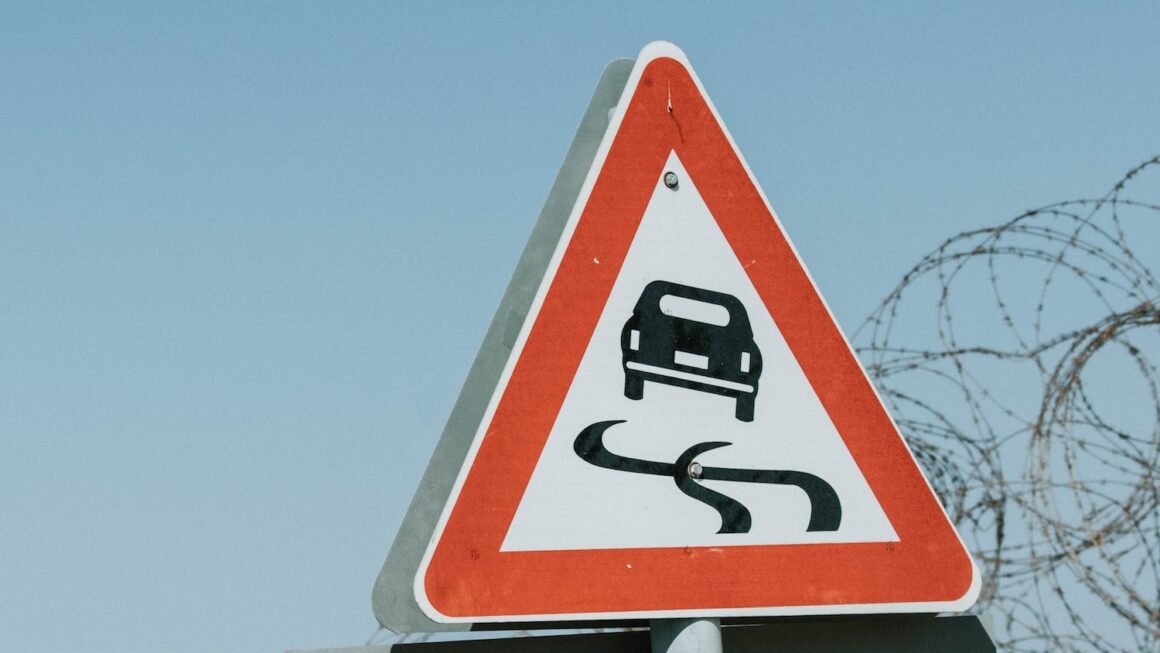Homeowners Association (HOA) fees are charged by some residential communities to cover the cost of maintaining and improving shared facilities and amenities.
The size and nature of the community, the amenities and services offered, the location, and the fee amount are just a few of the variables that can drastically affect it. As a result, there isn’t a universally applicable solution to the problem of how much HOA dues are too much.
However, there are several factors that you should consider when evaluating whether the HOA fee for a particular community is reasonable or excessive.
Amenities and Services
One of the biggest factors that can affect the HOA fee is the amenities and services provided by the community. Some communities offer a wide range of facilities and services, such as swimming pools, gyms, parks, security, landscaping, and maintenance services.
The more amenities and services a community offers, the higher the HOA fee is likely to be. However, if the amenities and services are not well-maintained or are rarely used by residents, then a high HOA fee may not be justifiable.
Size and Type of Community
The size and type of community can also impact the HOA fee. Larger communities typically have higher HOA fees due to the increased maintenance and operational costs associated with managing a larger number of amenities and facilities. Similarly, luxury communities that offer high-end amenities and services such as golf courses or private beaches may have higher HOA fees than standard residential communities.
Location
Location is another factor that can affect the HOA fee. Properties in high-cost areas such as urban centers or beachfront locations are likely to have higher HOA fees due to the higher property values and associated maintenance costs. On the other hand, properties in lower-cost areas may have lower HOA fees.
Financial Stability of the HOA
It’s important to assess the financial stability of the HOA before purchasing a property in the community. If the HOA is struggling financially, it may need to increase the HOA fee in order to cover operational and maintenance costs. Conversely, a well-managed HOA with adequate reserves may have lower HOA fees as a result.
Frequency of HOA Fee Increases
Finally, it’s important to consider the frequency of HOA fee increases. A community that frequently raises HOA fees may not be well-managed or may be experiencing financial difficulties. On the other hand, a community that maintains stable HOA fees over time may be a better long-term investment.
Conclusion
A reasonable HOA fee will depend on the factors discussed above. However, as a rule of thumb, a fee that exceeds 1% of the property value is often considered high. For example, if you own a $500,000 property, an HOA fee that exceeds $5,000 per year may be considered excessive.
It’s also important to consider the value that the HOA fee provides in terms of amenities, services, and community management. Ultimately, the decision on whether an HOA fee is too much will depend on the individual’s financial situation, lifestyle preferences, and long-term investment goals.




